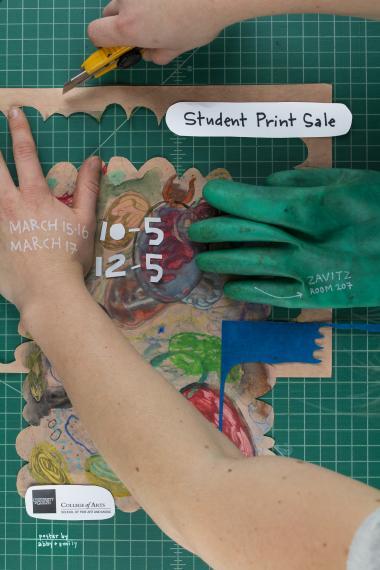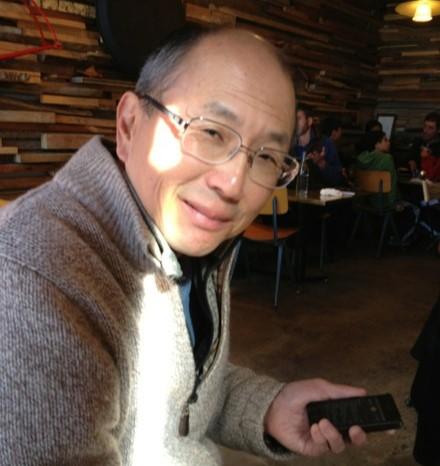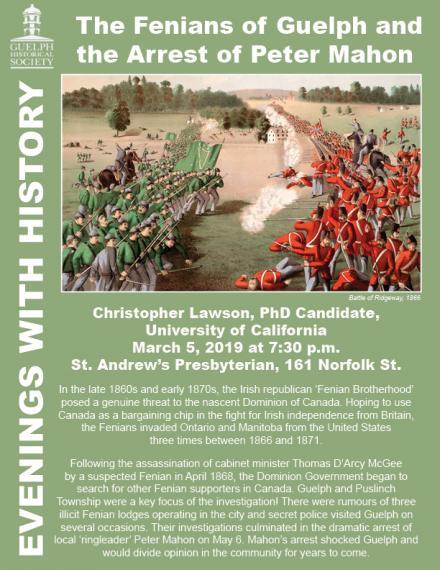SOLAL Presents: Forum Theatre as Pedagogy Workshop
The 3-hour workshop is designed to train educators in the techniques of Forum Theatre so they can utilize it as one of their pedagogical tools to explore polemical issues incorporated in their curriculum, rendering the subject matter memorable and meaningful. By using Forum Theatre in the classroom, educators become facilitators that help students learn experientially and engage authentically while opening them to new and diverse perspectives.
Instructor Amir Al-Azraki will facilitate the workshop.


